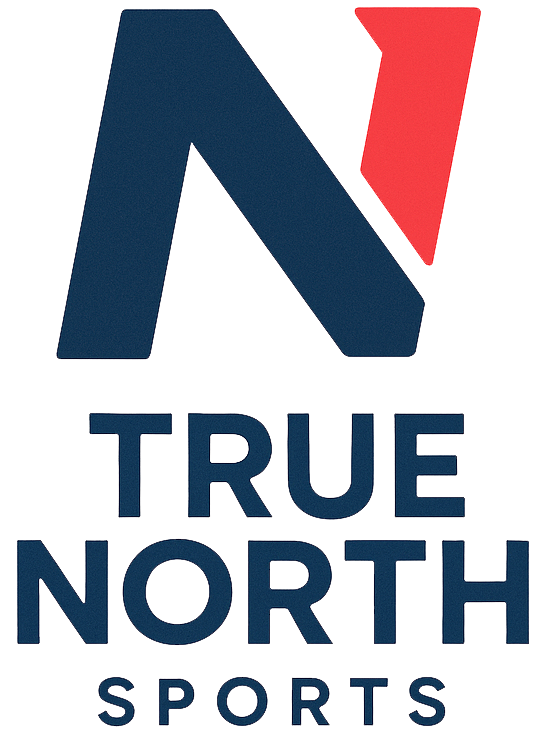How to Choose the Right Stick Length — Cut or Not?
Share
A guide to understanding hockey stick length, how it’s measured, and how cutting it changes flex and performance.
Why Stick Length Matters
Choosing the right stick length isn’t just about comfort — it impacts your reach, shooting mechanics, stickhandling, and overall control. Too long, and you lose maneuverability. Too short, and you sacrifice reach and power.
Two Ways to Measure Stick Length
1. Standing Without Skates
Place the stick vertically in front of you (toe on the ground, shaft against your nose or chin):
-
For beginners or balanced play: the stick should reach your nose
-
For advanced players focused on puck control: aim for chin level
-
Defensemen might prefer longer sticks for reach and poke checks
-
Forwards may prefer slightly shorter sticks for handling and quick release
2. Standing With Skates On
On skates, your stick should typically reach between your chin and collarbone. That’s why stick sizing is best done while wearing gear — it gives a more accurate fit in real game posture.
How Cutting Affects Flex
Every time you cut a stick, you change its flex rating — making it stiffer. As a rule of thumb:
-
Each inch cut = adds about 3 to 4 flex points
-
Cutting 2 inches off a 75 flex stick? It now behaves like an 85 flex
That means you shouldn’t just choose the right length — you should factor in how your flex will change after cutting.
Should You Cut It or Leave It?
Ask yourself these questions:
-
Are you growing into the stick? Leave it longer.
-
Do you prefer a quicker release and lower flex? Leave it uncut.
-
Do you want better control or a stiffer feel? Trim it slightly.
Pro tip: Some intermediate and senior sticks come in multiple lengths or with built-in flex zones, so check before cutting.
Ideal Length By Player Type
| Player Type | Stick Length (on skates) |
|---|---|
| Beginners | Chin to nose |
| Forwards | Between collarbone and chin |
| Defensemen | Between chin and nose, or slightly above |
| Goalies | Custom — based on stance and paddle |
Tips for Parents
-
Younger players often lean on longer sticks and develop bad habits.
-
Consider cutting to proper height to improve mechanics early.
-
Many youth sticks come with lower flex AND proper length — don’t oversize “to grow into it.”
Final Thoughts
Stick length is personal — and the right choice depends on your position, size, skill level, and shooting style. Always balance control, comfort, and flex before trimming a stick.
Need Help Sizing a Stick?
True North Sports offers expert advice and in-store fitting to get your stick length, flex, and curve just right. Message us with your height, age, and play style — we’ll help you find the perfect match.
